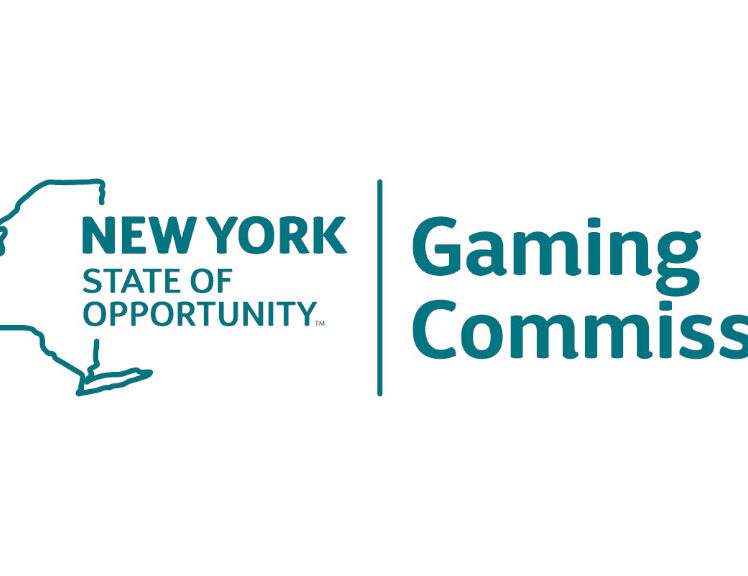- Casino News
- USA News
Cost to Compete for a New York Casino License: $1 Billion


$1 Billion License Challenge
The race for three coveted downstate casino licenses in New York officially began Monday, as the state’s Gaming Facility Location Board voted unanimously to set the cost of entry: a $500 million licensing fee and a minimum $500 million capital investment.
With a total $1 billion threshold now in place, applicants face a compressed and complex process leading up to the state’s expected decision by December 1. Bids must be submitted by June 27, and the path to selection involves not only significant financial commitments but also intricate zoning, environmental, and community hurdles.
Timeline and Hurdles
The license fee and capital investment benchmarks were finalized in a meeting lasting under 10 minutes — a brisk conclusion to what promises to be a long and expensive road for would-be operators. Before the state can consider any application, each proposal must secure all land-use entitlements, including zoning and environmental approvals, by September 30.
Zoning, in particular, has emerged as a bottleneck. Bally’s recently cleared a critical step with rezoning approval from both the New York City Council and state legislature for its Bronx-based proposal. Meanwhile, Thor Equities' Coney Island bid awaits de-mapping approval, unlikely before June 19. All three Manhattan proposals are still undergoing environmental review.
Community Gatekeepers
CACs will include elected officials, with membership varying based on location. In New York City, the CAC will comprise Governor Kathy Hochul, Mayor Eric Adams, and the relevant local legislators and officials. Outside the city — as is the case with MGM Empire City's Yonkers proposal — the makeup shifts to county and municipal leadership alongside the governor.
All CACs must complete their deliberations and vote by September 30. Only then can bidders pay a $1 million application fee and have their proposals formally reviewed by the Gaming Facility Location Board.
Financial Leverage and Tax Bids
One area of strategic differentiation may come in the form of tax proposals. While the state has set minimum rates — 25% on slot revenue and 10% on all other gaming revenue — applicants are encouraged to offer more. The commission has signaled that tax rate proposals will be part of the competitive review.
The application process will weigh four categories:
- Economic development (70%)
- Local impact siting (10%)
- Workforce enhancement (10%)
- Diversity frameworks (10%)
After initial board decisions, final selections will be subject to another round of review by the full New York State Gaming Commission. While three licenses are authorized, the commission retains the discretion to award fewer — or none.
Racinos Hold Early Advantage
The financial structure appears to favor the state’s two existing downstate racinos — MGM’s Empire City in Yonkers and Resorts World NYC in Queens — which already operate video lottery terminals and could more quickly convert into full-scale casinos. Approving both would generate $1 billion in licensing revenue immediately, a point Yonkers Mayor Mike Spano has publicly emphasized.
For other bidders, especially those proposing new construction, the timeline is tight and the upfront costs steep. While a $500 million capital investment minimum may seem modest given the scope of proposed projects, the licensing fee alone creates a high barrier to entry, particularly with no guaranteed start date for operations.
Applicants must not only meet a $1 billion financial threshold but also secure strong community support — a critical factor that will ultimately determine which proposals move forward.
Broader Market and the Future
Long-term profitability remains uncertain, especially as future regulatory changes loom. Though online casino gaming remains illegal in New York, many expect that to change. In neighboring New Jersey, iGaming has grown rapidly — often at the expense of physical casino revenue. That risk of digital cannibalization has reportedly contributed to the withdrawal of potential bidders like Las Vegas Sands and Wynn Resorts.
Adding further pressure is New York’s competitive regional landscape. Future downstate license holders will face not only each other but also established venues in Atlantic City and upstate New York — including commercial and tribal casinos — all operating with their own tax and regulatory frameworks.
With the stakes set high and the rules now clear, New York's downstate casino sweepstakes is fully underway. While financial firepower is a prerequisite, ultimate success may hinge just as much on community goodwill, political navigation, and strategic foresight.








